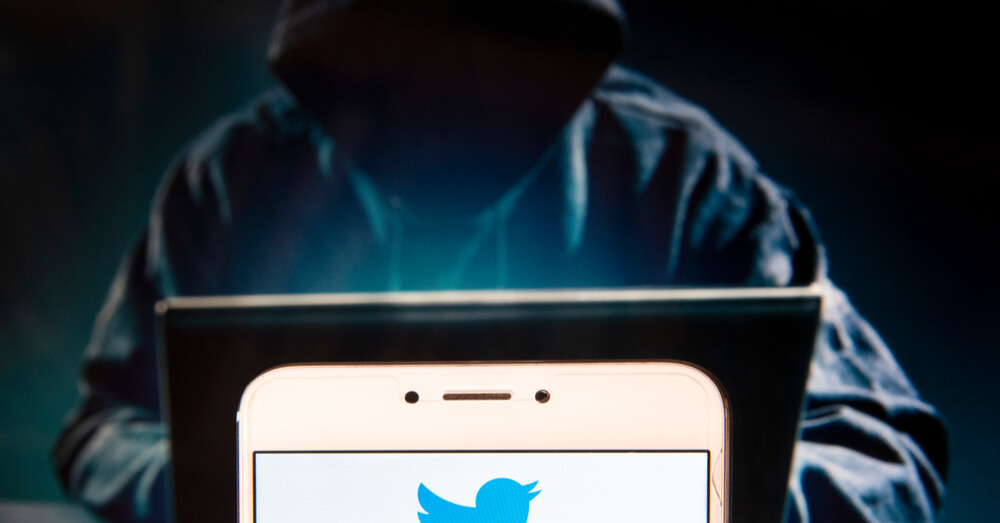
The recent cryptocurrency scam that would have people send Bitcoin on the promise of receiving twice as much in return could land Twitter in trouble
Most people nowadays would feel the red flags raise quickly when offered free money in return for an initial payment, especially when the request is for cryptocurrency. The degree of anonymity offered by Bitcoin, along with its incredible market value, makes it the ideal choice for techno-scammers around the world.
While it is certainly true that times of crisis can bring out the best in some people, it also attracts the worms from the woodwork. The number of criminals who would take advantage of people’s generosity and desire to contribute towards recovery efforts during COVID-19 seems to be growing by the day.
But, what are the consequences for the platforms that enable such scams to take place. Surely, these corporate giants must have accountability for any lapse in security or moderation which results in the exploitation of their users.
The recent scam launched on Twitter involved hackers taking control of the actual accounts of influential, world-famous individuals. These included Elon Musk, Barack Obama and Bill Gates. It is unlikely that those unfortunate enough to be taken in by this criminal enterprise would have done so, had the messages not been published on official accounts that are verified by Twitter themselves (identified by a small blue tick).
The legal ramifications for Twitter could be multi-fold. Aside from the individuals who were conned out of their money because they believed they could trust the source; Twitter could face legal action by those who had their accounts hacked in the first place. An argument could be made that this event has damaged the credibility of future posts, aside from the obvious liability of having false information published in their name.
Being a multi-national corporation might blur legal definitions even further. For the UK, Twitter has a base of operations in Europe, but is still headquartered in the United States. If somebody who tweets is considered a publisher of information, then Twitter must be considered as a secondary publisher, and therefore liable for the posts of its users.
There has not yet been a case that would provide legal precedence for this, but if accountability is placed on the shoulders of the world’s most popular micro-blogging platform, they could be facing a difficult road ahead indeed.

